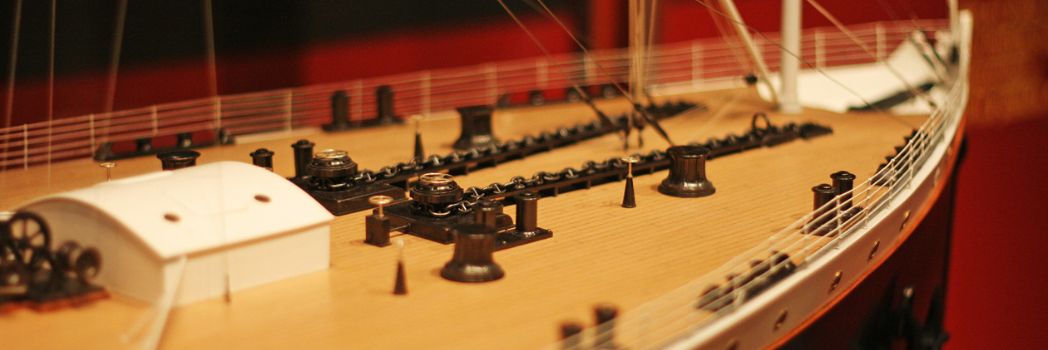Famed as a country of jagged rocks and proud people, Northern Ireland and its capital city Belfast has become synonymous with shipbuilding. One name always associated with the city’s proud maritime heritage is Harland & Wolff named after Yorkshireman Edward Harland and the German Gustav Wolff.
Referred to as the ‘engine room’ of Northern Ireland’s economy, the shipyard is perhaps most famous for the three Olympic-class ships built in the early 20th century, the Olympic, Britannic and most Iconic of all the RMS Titanic.
The construction of the ship is an immense source of pride for the city which proudly displays a number of murals dedicated to the shipyard and its workers. Weighing 46,000 tonnes, the Titanic was the largest manmade moveable object the world had seen at the time and was worked on by nearly 15,000 Belfast men.
The city and country came together in grief after the vessel’s fatal voyage in 1912 however, the shipyard would prove vital in both world wars that followed. The demand for shipbuilding during the great war resulted in a new yard being built on the East side of the dock for mass ship production

A Harland and Wolff mural in Belfast (Credit: Wikimedia Commons)
In the Second World War, the Harland and Wolff shipyard made such a contribution to Britain’s war effort that it holds the world record for ship production during the conflict. The energy and success of the shipyard, however, made Belfast a key target for German air attacks, almost 100
0 people were killed during the Belfast Blitz whilst the shipyard was severely damaged.
In the post-war era, the iconic cruise liner Canberra was built at the Shipyard for Anglo-Australian crossings. The vessel was in use for almost 40 years between 1961-1997 and became the ultimate testament to the work ethic of the men and women at Harland and Wolff’s Belfast shipyard.
Today, following the gradual decline of British Shipbuilding, Harland and Wolff have seen a rebirth – with a focus on offshore renewable
energy as well as maritime engineering for smaller vessels. The takeover by Infastrata has brought optimism back to the city and in 2019 with the £7 million acquisition of the Appledore site in South West England, the Harland and Wolff brand is growing into a leading figure of a revitalised British shipbuilding industry.








